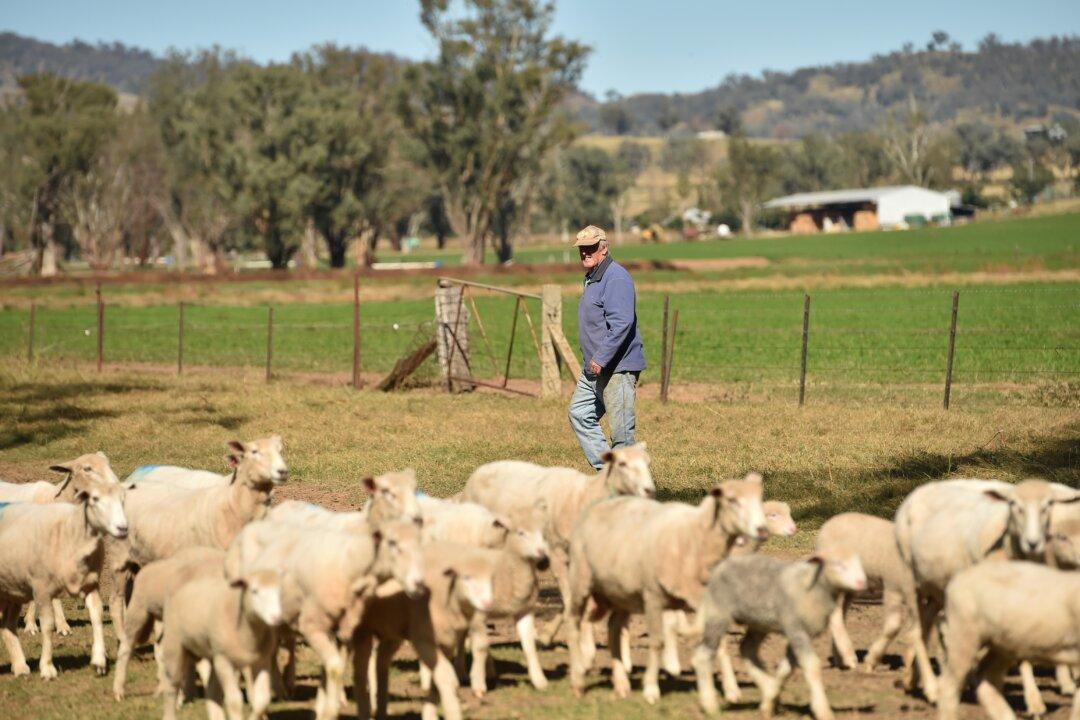A ten-year hiatus on livestock trade between Australia and Saudi Arabia has been broken with the Middle East kingdom now welcoming Australian exports again.
Agriculture Minister David Littleproud said on April 7 that Australia has been working with the Kingdom of Saudi Arabia (KSA) on the arrangements.




